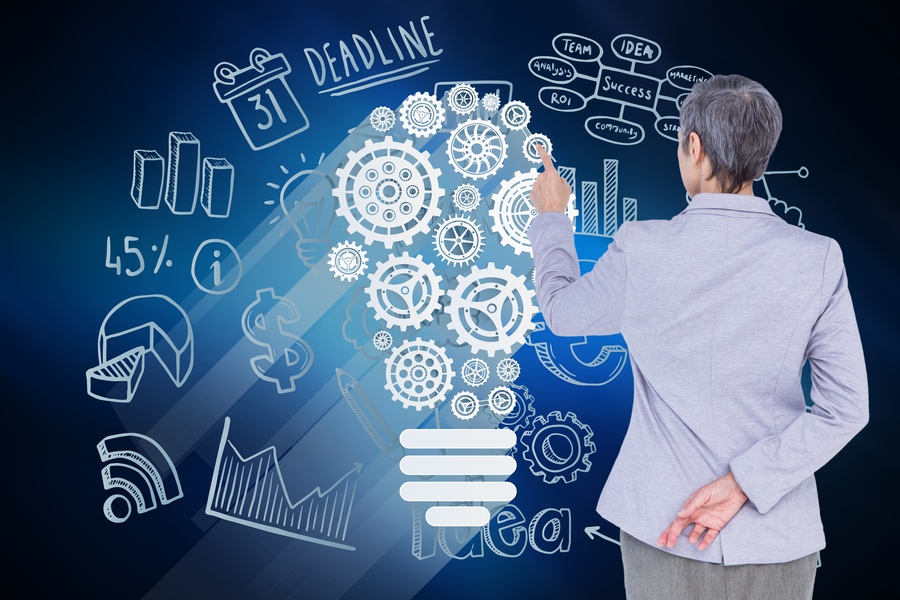AI has the potential to significantly impact various industries and transform the way they operate. Here are some of the ways AI is expected to affect different sectors:
- Healthcare:
- Improved diagnostics: AI can analyze large amounts of medical data to aid in diagnosing diseases more accurately and quickly.
- Drug discovery: AI can assist in identifying potential drug candidates and predict their efficacy.
- Personalized treatment: AI can help create tailored treatment plans based on a patient’s genetic profile and medical history.
- Medical image analysis: AI can enhance the interpretation of medical images like X-rays, MRIs, and CT scans.
- Finance:
- Fraud detection: AI algorithms can detect patterns of fraudulent activities and enhance security measures.
- Risk assessment: AI can analyze vast amounts of financial data to predict market trends and assess investment risks.
- Customer service: AI-powered chatbots can handle customer inquiries and streamline customer interactions.
- Algorithmic trading: AI algorithms can make faster and data-driven decisions for automated trading.
- Manufacturing:
- Predictive maintenance: AI can analyze data from sensors to predict equipment failures and optimize maintenance schedules.
- Quality control: AI can identify defects in real-time during the manufacturing process, reducing waste and improving product quality.
- Supply Chain Optimization: AI has the potential to improve inventory management, demand forecasting, and logistics.
- Transportation:
- Autonomous vehicles: AI is crucial in developing self-driving cars and improving transportation safety and efficiency.
- Traffic management: To alleviate traffic congestion, AI can analyse traffic trends and improve traffic flow.
- Fleet management: AI can assist in optimizing routes and schedules for delivery vehicles.
- Retail:
- Personalized recommendations: AI can analyze customer preferences and behavior to offer personalized product recommendations.
- Inventory management: AI can optimize stock levels and predict demand to reduce excess inventory.
- Chatbots and virtual assistants: AI-powered bots can provide customer support and answer queries 24/7.
- Education:
- Personalized learning: AI can adapt educational content to individual students’ learning styles and needs.
- Grading and assessment: AI can automate grading processes and provide instant feedback to students.
- Virtual tutors: AI-powered tutoring systems can support students outside the classroom.
- Marketing and Advertising:
- Targeted advertising: AI can analyze user data to deliver more relevant and personalized ads.
- Customer segmentation: AI can identify different customer segments based on behavior and preferences.
- Content creation: AI can generate content like articles, ads, and product descriptions.
- Agriculture:
- Precision farming: AI can analyze data from sensors and drones to optimize irrigation, fertilization, and pest control.
- Crop monitoring: AI-powered image analysis can detect crop diseases and nutrient deficiencies.
- Livestock monitoring: AI can track the health and behaviour of livestock to improve animal welfare.
These examples represent just a fraction of the potential impact of AI on different industries. As AI technology continues to advance, its integration and adoption are likely to accelerate, leading to further transformative effects across various sectors.





